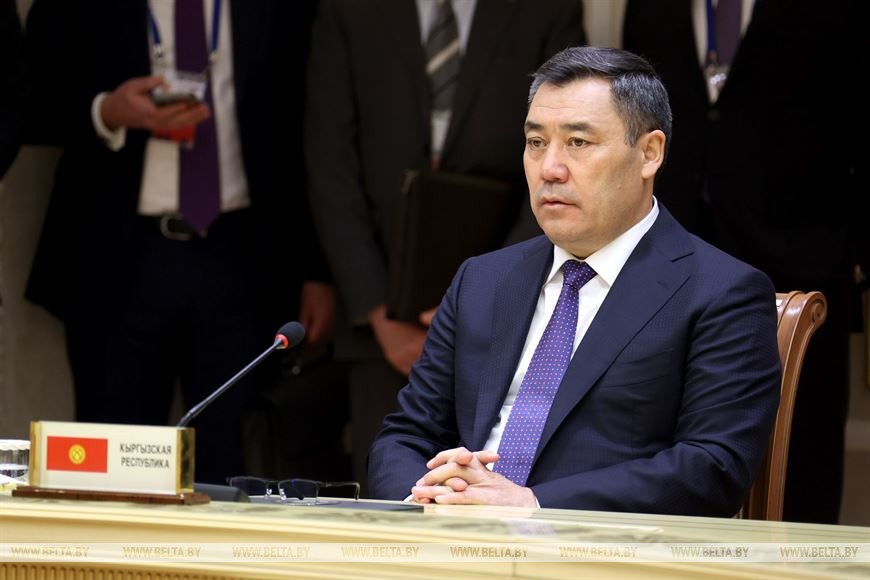Speech by Belarusian President Aleksandr Lukashenko at the narrow-participation session of the CSTO Collective Security Council
First of all, I want to thank you all for speaking and sharing your thoughts on the situation in the region and the world. Here is my take on what is happening.
National and collective interests
Each of us looks at the world through the prism of national interests. This is understandable and justified. We, the heads of state, bear responsibility for our peoples, their future and security.
At the same time, balancing national and collective interests of all CSTO member states guarantees the stability and security of the region as a whole. This is dialectics. Despite the fact that each of us has his own area of responsibility in the organization, we understand that modern challenges and threats are global in nature and get our national interests woven into a shared fabric.
Therefore, I will dwell on key problems that affect all CSTO members and are closely interconnected with each other.
We got caught up in the whirlwind of the change of epochs. You all talk about this in your speeches. We are witnessing the collapse of the system of international relations. We are participants in the dismantling of the unipolar, if you will, Western-centric model.
A step-by-step transition to multipolarity is taking place. This is a complex, dramatic transition. Western politicians do not want to give up their positions, ignoring the inexorable course of history, which, as you know, cannot be stopped.
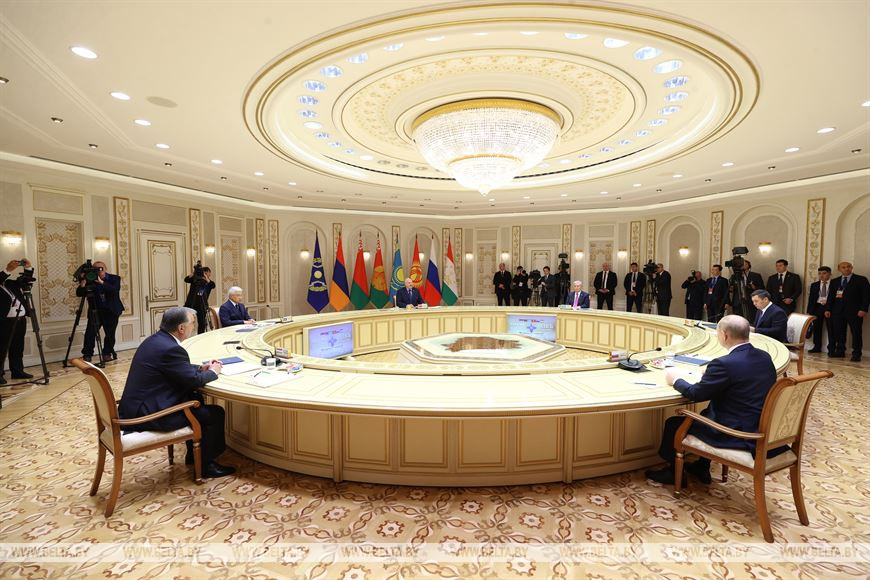
Arms race
Under the slogan of the “rules-based order” that replaces international law the West tries to dominate the entire world more and more often. All the known dirty tricks are put to use starting with sanctions, blackmail and ending with the fomenting of inter-ethnic conflicts.
But what are these rules and who instituted them? A rhetorical question. Naturally, we know who did it and why. There is another essential point: a larger part of the world is unwilling to play by these rules while the language of diplomacy was replaced with saber rattling a long time ago. International law works exclusively for the benefit of a select few.
The consistent efforts to spin up the spiral of a new arms race are in progress against the backdrop of obnoxious and belligerent rhetoric of individual politicians and the complete loss of mutual trust.
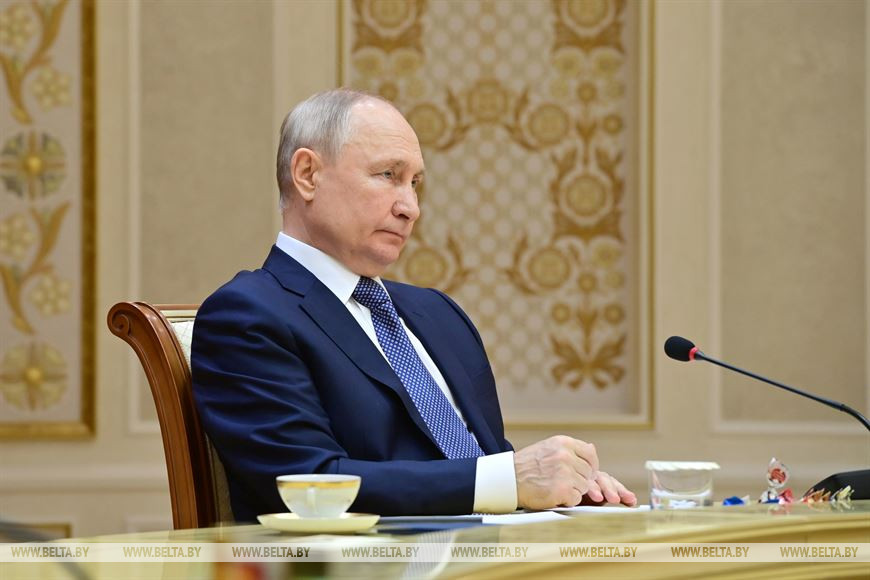
Middle East conflict
A spark of the Middle East conflict may start a new world war. It is no secret that weapons supplied to Kiev go to black markets. Western politicians are not concerned about this, but we consider the uncontrolled movement of weapons and military equipment as a potential security threat not only for our region, but for all countries of the world. Especially now, when a new conflict is raging in the Middle East.
Enough has been said about the causes of the Palestinian-Israeli conflict and the double standards used by the collective West to assess the actions of the participants.
Even supporters of the current U.S. and EU regimes are talking about this. The split in the camp of the so-called Western democrats is today’s reality and evidence of their political sobering up. But that’s not the point. The thesis by UN Secretary General Guterres, who said that the lack of progress in the political settlement is one of the reasons for the violence, merits attention and examination.
What is more alarming is the premonition of a global catastrophe, a new world war that may stem from the regional conflict. This is something that the world is talking about while those overseas are only waiting for countries close to the CSTO area of responsibility to be drawn into this war.
This so-called controlled chaos is what the United States and the West want.
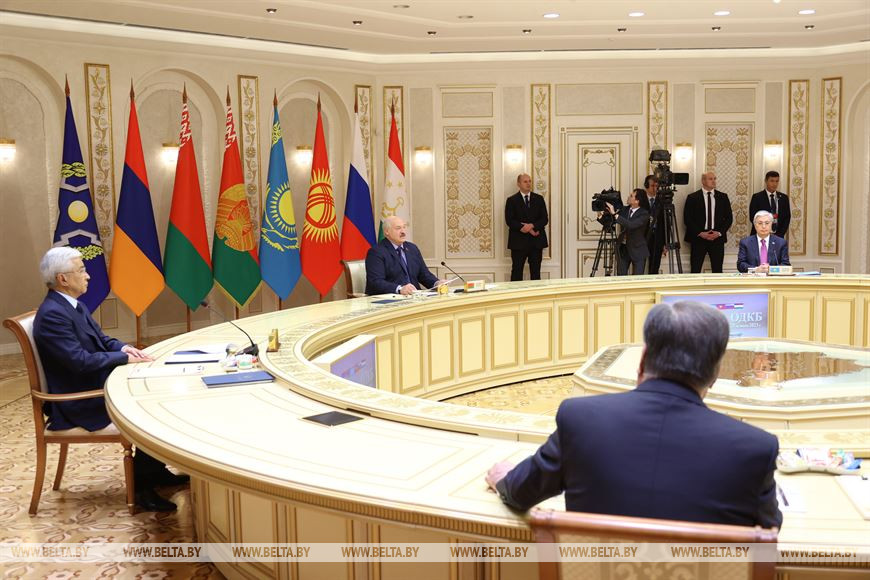
Defensive nature of NATO
Our neighbors – NATO members are arming themselves at a rapid pace. For example, Poland’s military budget is growing by leaps and bounds and looks to reach 4% of GDP next year. I wonder how this correlates with NATO’s constant declarations that they are a defensive alliance. Or with the name of the largest NATO exercise since the Cold War (‘Steadfast Defender’)? This doesn’t.
We’ve been observing so-called defensive exercises for a long time. Since nuclear weapons were withdrawn from Belarus in 1996. What did it produce? The expansion of NATO to the east, the simulation of a scenario featuring a nuclear strike against Belarus in 2016. Mind you, upon the initiative of the administration of the so-called Nobel Peace Prize winner Barack Obama.
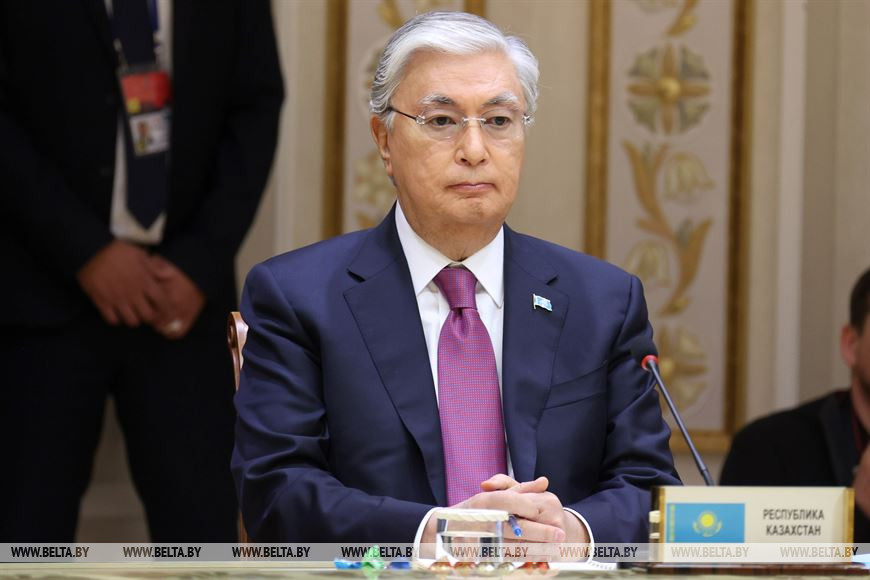
Regional security guarantor
We can talk for a long time about illegal unilateral coercive measures, military provocations at the border, information sabotage, millions of dollars spent on preparations for failed coups. Don’t even get me started on the open demonstration of the readiness to use NATO forces to achieve this goal. Why did B-52 strategic bombers circle near the Belarusian border in August 2020? To whom did they send a signal? Not only to Belarus. It is understandable to whom.
Against this backdrop complaints about the deployment of Russian tactical nuclear weapons in our country, on our territory are simply absurd. I repeat for the 100th time that we don’t threaten anyone. We simply learn so-called diplomatic etiquette from those, who have made the language of force a world trend.
Nowadays only the presence of powerful weapons guarantees security in the region and gives the right to speak in the international arena.
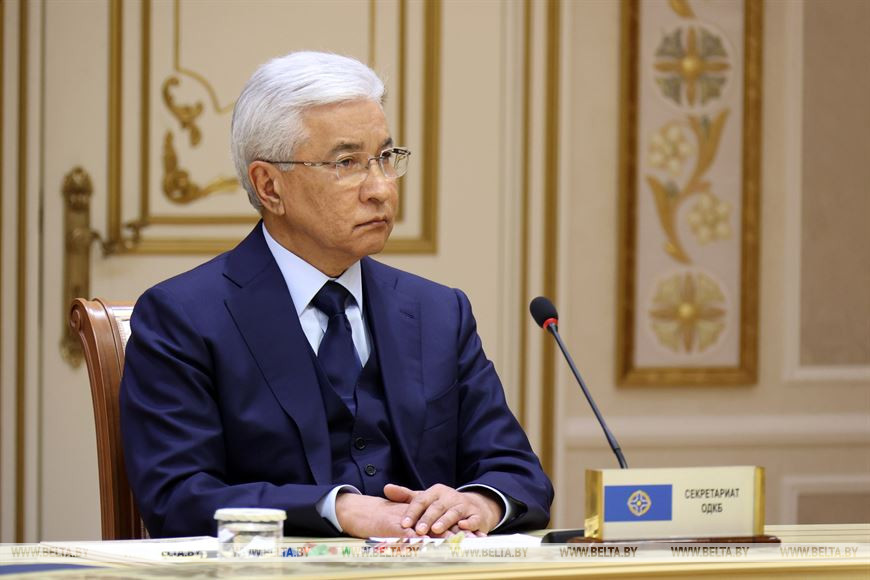
Approaches to addressing sensitive issues
Dear colleagues,
The very fact that we have gathered here shows that we adequately assess the challenges of the time and are ready to respond to them together. When some of our partners say and do provocative things, it is their problem, first of all. I will say one thing: if you are not okay with something, say it right in the face instead of taking your grievances to the media.
Such high-profile meetings are meant to discuss all pressing issues and find solutions. Those who create a conflict, hence playing into the hands of those who are not interested in strengthening the security of the CSTO member states are political opportunists. Such behavior is irresponsible and short-sighted.
I am convinced that we will be able to handle all the difficulties in our area of responsibility no matter what. And we are already doing this. We are doing a lot, even if not all, especially recently.
We welcome the progress in resolving the conflict in the South Caucasus. We hope that the steps taken will lay the foundation for sustainable and long-lasting peace in this region, where friendly peoples – Armenians and Azerbaijanis – live. I emphasize: friendly peoples.
I have no doubt that the political wisdom of the presidents of Kyrgyzstan and Tajikistan will make (or already made) a decisive contribution to the settlement of contradictions between Bishkek and Dushanbe, will allow us to focus on ensuring the security of the external borders of the CSTO on the southern flank of the organization.
By the way, Belarus supports the proposal of the Tajikistan president to pay closer attention to the southern borders of the CSTO.
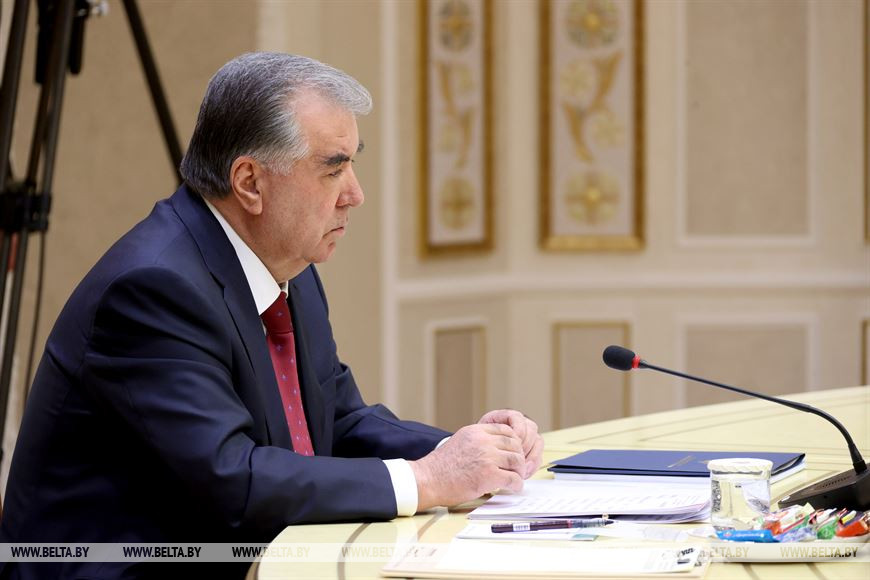
Unity in the CSTO
Dear friends,
Belarus’ presidency in the organization embraced the motto “Through solidarity and cooperation towards peace and security”. If we are united, then our organization will be stronger.
Working towards our goals, we have carried out a number of events in the political, military and defense sphere, as well as in countering transnational challenges and security threats. I will not list them, since our Secretary General and you spoke about this in detail.
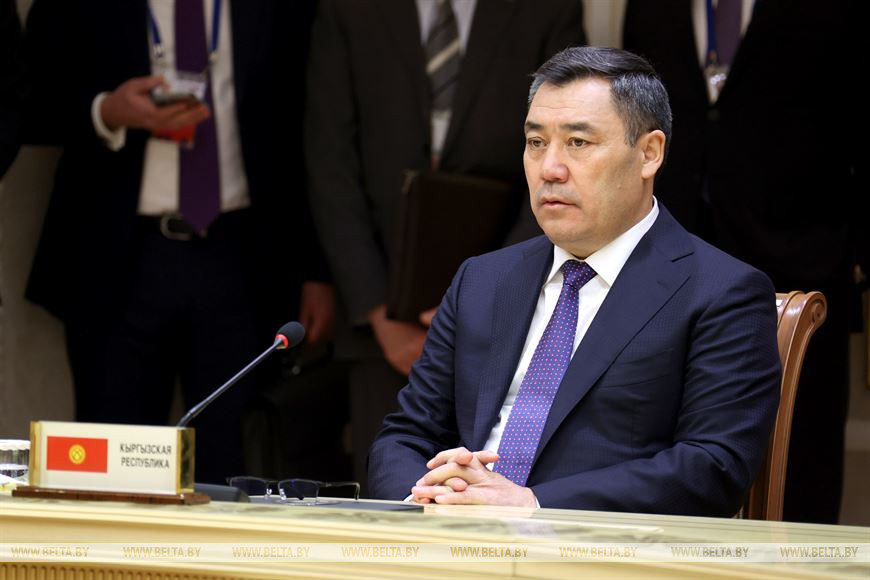
Dear colleagues,
We have formulated priority aspects of the presidency in a way so as to lay the foundation for a long-term perspective of development of the Collective Security Treaty Organization. But it is not enough. We have to be stronger and more united. Let’s be frank: we still lack the maximum of it. We should move towards it faster. We don’t want to wake up and start acting only after something happens.
I suggest that the CSTO Secretary General and the future Kazakh chairmanship facilitate their further practical work. I am sure that this will benefit our organization and all our countries.
Dear friends,
In conclusion, let me thank you and your countries for supporting the efforts of Belarus during its CSTO presidency and wish Kazakhstan and personally its President Kassym-Jomart Kemelevich Tokayev success in carrying out a very difficult and responsible mission – presidency of the organization in 2024.
